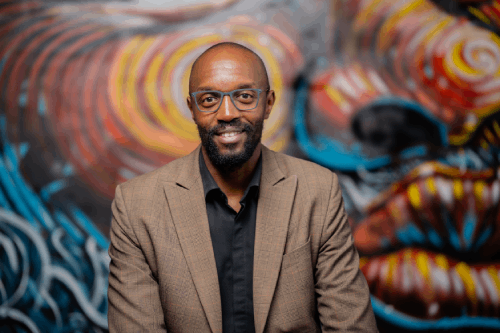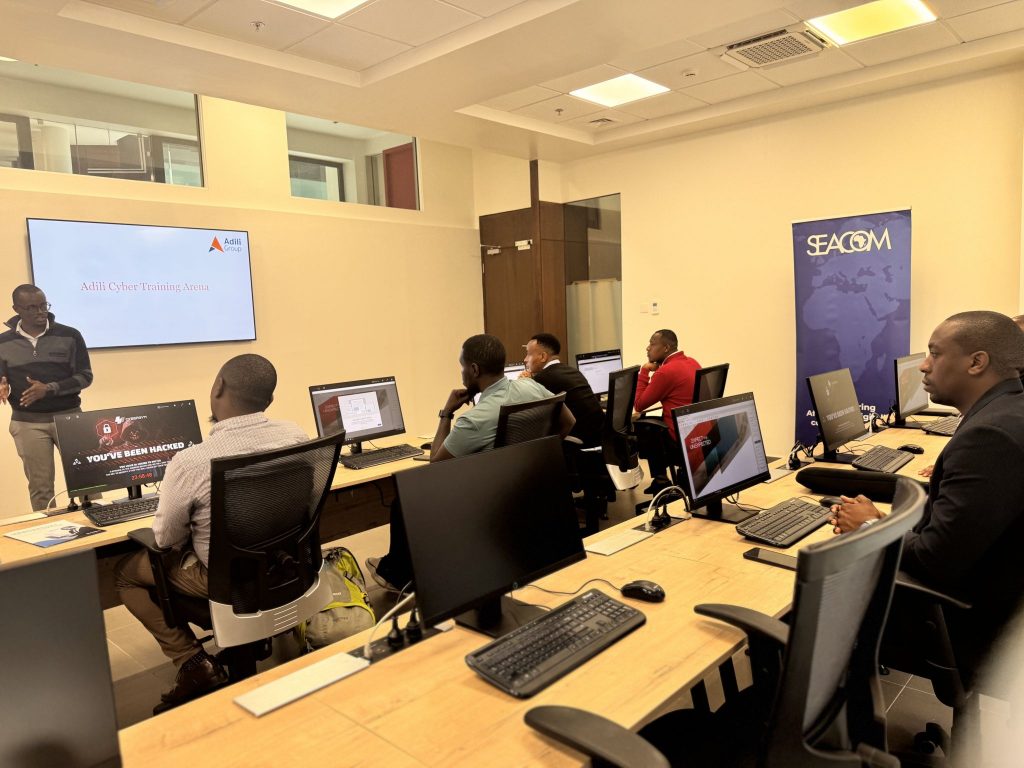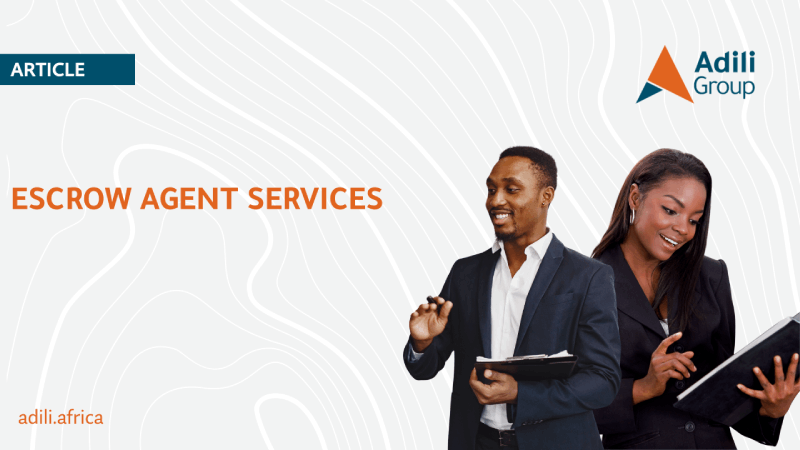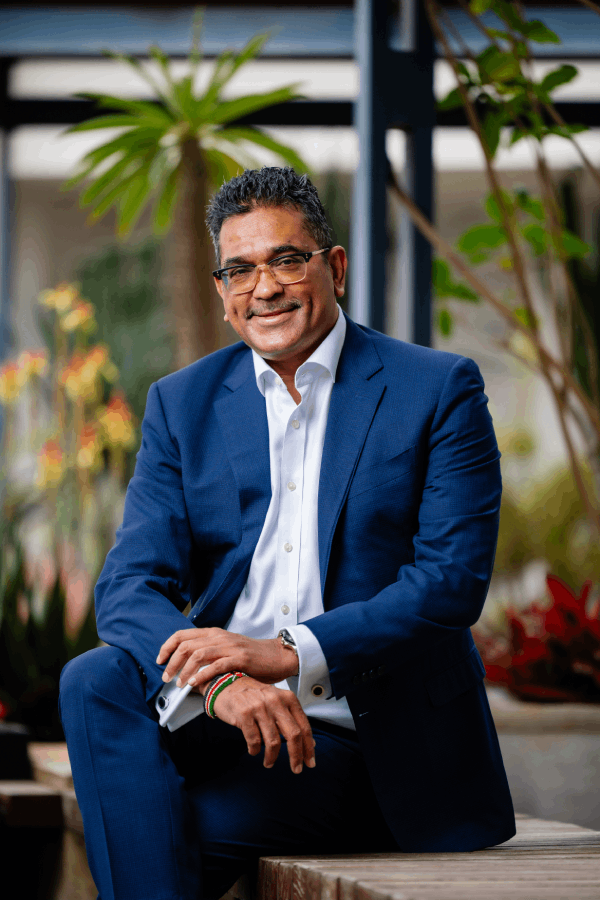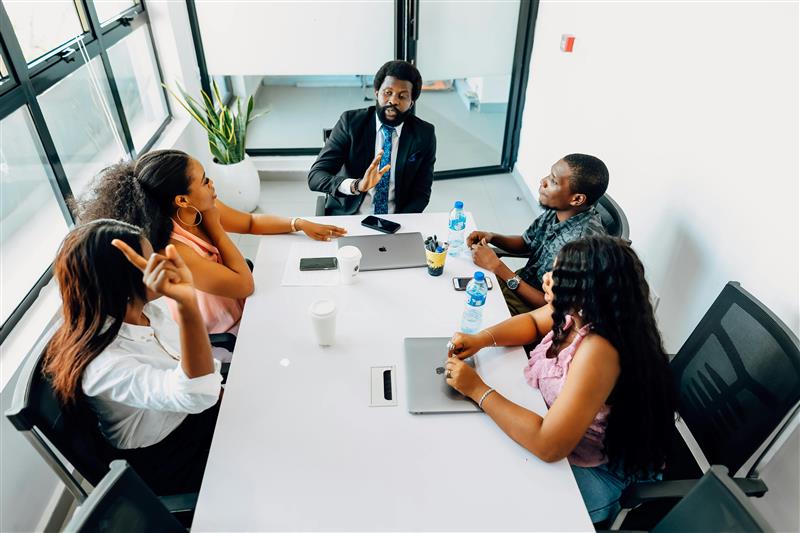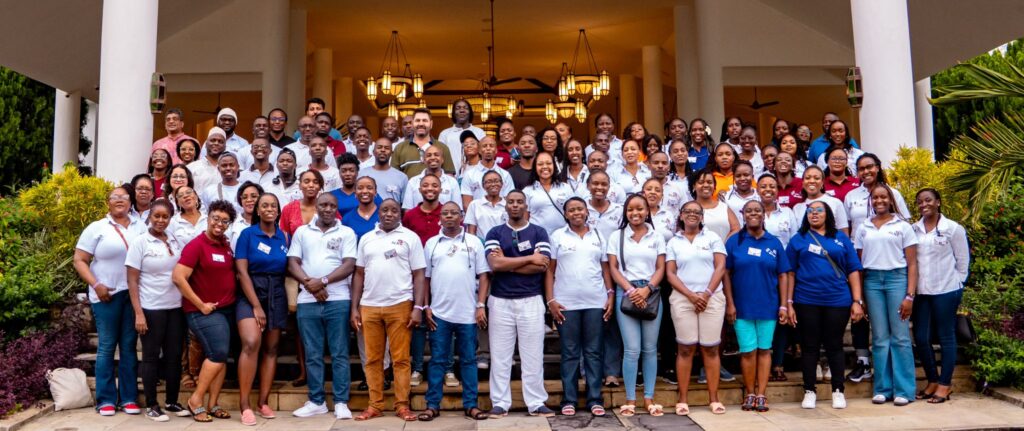💬 In Conversation with Mbabu Muturi
In this candid conversation, we sit down with Mbabu Muturi, a leading voice in cybersecurity and digital transformation, to unpack the evolving landscape of AI and cyber threats across Africa. From the rise of phishing to the promise of AI-powered resilience, Mbabu shares candid insights on what African businesses must do to stay secure, competitive, and future-ready.
Q1: What cybersecurity and AI trends are shaping Africa right now?
🗣️ Mbabu:
We are seeing a rise in sophisticated cyberattacks, especially targeting infrastructure. Many attackers are now using tactics previously common in Europe, Asia, and America, and adapting them for African environments.
Another trend is the growth of homegrown threat actors within the continent, local cybercriminal groups are becoming more active and organised.
On the AI front, countries are rapidly adopting AI solutions. But what stands out is that we are mostly adopting models from elsewhere without asking: Does this work for us as Africa? Few are developing context-specific AI governance structures to fit our realities.
On a positive note, there is increased collaboration between big tech firms and cybersecurity providers, which is building resilience across sectors.
💡 “Africa needs AI models built for our realities, not just imported solutions.”
Q2: What are the biggest threats facing African organisations today?
🗣️ Mbabu:
Phishing remains the number one threat. Most attacks start with phishing, particularly business email compromise, which is rampant across the continent.
From phishing, attackers pivot to ransomware or digital extortion. Ransomware-as-a-Service has become worryingly accessible on the dark web, making it easier than ever to launch attacks.
Insider threats are also growing. Sometimes business email compromises stem from internal sources, either maliciously or through negligence.
And with AI automation, attackers can now scale their phishing campaigns, automate responses, and pivot to malware or ransomware seamlessly. AI is powerful, but it’s a double-edged sword in the cyber threat landscape.
💡 “AI is a double-edged sword – it can automate attacks just as easily as it can strengthen defences.”
Q3: : How are AI and cybersecurity intersecting in Africa’s current landscape?
🗣️ Mbabu:
AI is reshaping both sides of the cybersecurity battle. On defence, it’s a force multiplier, helping analysts cut through thousands of alerts to identify real threats faster and with less fatigue.
💡 “AI upscales our analysts. Instead of sifting through 10,000 alerts, they are focusing on 400 or 500 that truly matter.”
But AI is only as effective as the person using it. A skilled analyst who understands cybersecurity fundamentals can harness AI to amplify their expertise. Without that knowledge, AI’s impact is limited.
On the flip side, attackers are using AI to automate and enhance their campaigns, crafting more convincing phishing attacks and deploying malware more efficiently.
💡 “AI amplifies both strengths and weaknesses, it empowers defenders, but also makes attackers more dangerous.”
Q4. How is AI being applied in business operations across Africa?
🗣️ Mbabu:
Despite all the buzz, AI adoption is still low. Many people fear it will replace their jobs, but in reality, AI is just a tool to make work easier and more efficient.
Imagine a CEO asking AI for instant insights on operations, or a finance officer analysing the P&L in minutes instead of hours. In business development, AI can handle routine tasks like scheduling meetings, generating reports, and drafting proposals, freeing teams to focus on strategy and growth.
But the real key is mindset. AI is only as effective as the person using it. If you’re closed-minded, you won’t unlock its value. And if used with malicious intent, AI can be a powerful tool for attacks.
💡 “AI isn’t here to take jobs – it’s here to make work more efficient.”
Q5: What should businesses prioritise to remain secure and competitive?
🗣️ Mbabu:
Security must be a baseline, not an afterthought. From day one, invest in security tools and licenses from providers like Microsoft or Google that protect your emails, endpoints, and infrastructure, regardless of your size. Security must be foundational for every business, no matter the size. It’s not something to think about only when you grow bigger.
💡 “You can’t say, ‘I’ll secure my systems when I grow.’ Security must be built in from day one.”
When it comes to AI, businesses need to choose tools that are integrated into their existing infrastructure and protect sensitive data. For example, if you are adding AI capabilities like Microsoft Copilot, ensure they are ring-fenced within your environment to maintain security.
He emphasises that AI and security serve different purposes. Security keeps your business safe, while AI can give you a competitive edge, but only if used wisely and securely.
💡 “AI is powerful when it analyses your internal data to give better results, but only if you protect that data first.”
Q6: How is Adili Group supporting clients through these shifts?
🗣️ Mbabu:
At Adili, we see security as a journey, not just a one-off solution. We start by assessing each client’s infrastructure to understand their specific risks and priorities, then build tailored solutions to protect what matters most, usually their data.
But we do not stop at cybersecurity. We bring together internal audit, forensics, and risk advisory to give clients a 360-degree view of their resilience.
Training and certifications are a big part of our approach. We empower internal teams with the skills they need to remain secure, agile, and ready for the future.
When it comes to AI, we prioritise tools that are integrated within clients’ own infrastructure to keep sensitive data protected. For instance, we use Microsoft Copilot and custom large language models that are ring-fenced, meaning they only learn from and respond based on a client’s internal documents and data. This ensures businesses gain tailored insights and efficiency without exposing themselves to unnecessary risks.
💡 “Our philosophy is simple: help clients innovate boldly, but always within secure borders.”
Q6: Final thoughts – is Africa ready for what’s next?
🗣️ Mbabu:
We are not fully ready yet, but we have the potential to be. Technology is advancing fast, but the human element remains irreplaceable. AI is powerful, but it’s only as strong as the questions we ask and the guidance we give it.
💡 “AI is like a four-year-old child – it needs to be taught, guided, and constantly questioned.”
Africa must build homegrown solutions rooted in our own contexts and values. We should not adopt technology simply because others are. We need local data centres, regional collaboration, and AI models trained on African data and standards to ensure technology truly serves our people and economies.
💡 “Innovation is not about copying what exists; it’s about creating what our communities truly need.”
Africa’s greatest strength lies in its people, their ability to learn, adapt, and lead with intention. The journey is ongoing, and with caution and confidence, Africa can shape its own digital future.
by: Mbabu Muturi-Director, Adili Cyber Services


